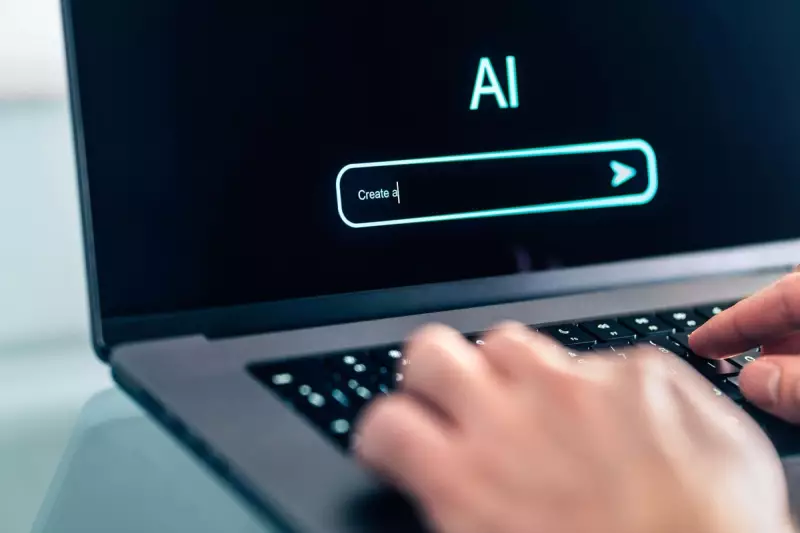
A startling new study has revealed that artificial intelligence is fundamentally reshaping how Britons approach relationships and emotional support, with concerning implications for human connection.
The Digital Intimacy Revolution
According to comprehensive research examining British attitudes toward AI companionship, approximately 25% of respondents admitted they would rather confide in an AI chatbot than their human partner. The findings suggest we're witnessing a dramatic shift in how people seek emotional validation and support.
Who's Turning to Digital Lovers?
The research identified several key demographics driving this trend:
- Young adults aged 18-34 show the highest adoption rates
- Urban professionals working long hours
- Individuals experiencing loneliness or social anxiety
- Those dissatisfied with traditional dating scenes
Why Are People Choosing Bots Over Humans?
Psychologists analysing the trend point to several compelling factors driving this preference for digital companionship:
- Non-judgmental support: AI companions offer unconditional acceptance without criticism
- 24/7 availability: Unlike human partners, chatbots are always accessible
- Customised personalities: Users can tailor their AI partner's characteristics
- Conflict-free interaction: No arguments, jealousy, or emotional baggage
The Mental Health Paradox
While many users report immediate emotional relief from AI interactions, mental health professionals express concern about long-term consequences. "These digital relationships provide quick comfort but may undermine the development of crucial human social skills," explains Dr. Eleanor Vance, a relationship psychologist studying the phenomenon.
Industry Explosion and Ethical Concerns
The market for AI companionship has exploded in recent years, with apps like Replika and Paradot attracting millions of users worldwide. However, this rapid growth has outpaced regulatory frameworks and ethical guidelines.
Key concerns include:
- Data privacy and emotional manipulation risks
- Potential for increased social isolation
- Unregulated therapeutic claims by AI companion apps
- The blurring of lines between genuine connection and programmed responses
Looking Forward: The Future of Human Connection
As AI technology continues to advance, the distinction between human and digital relationships may become increasingly blurred. The study's authors urge policymakers, mental health professionals, and tech developers to collaborate on establishing guidelines that protect users while acknowledging the legitimate emotional needs driving this trend.
"We're not just witnessing a technological shift, but a fundamental reimagining of what relationships mean in the digital age," concludes the research paper. "The question isn't whether AI relationships are valid, but how we ensure they complement rather than replace human connection."




